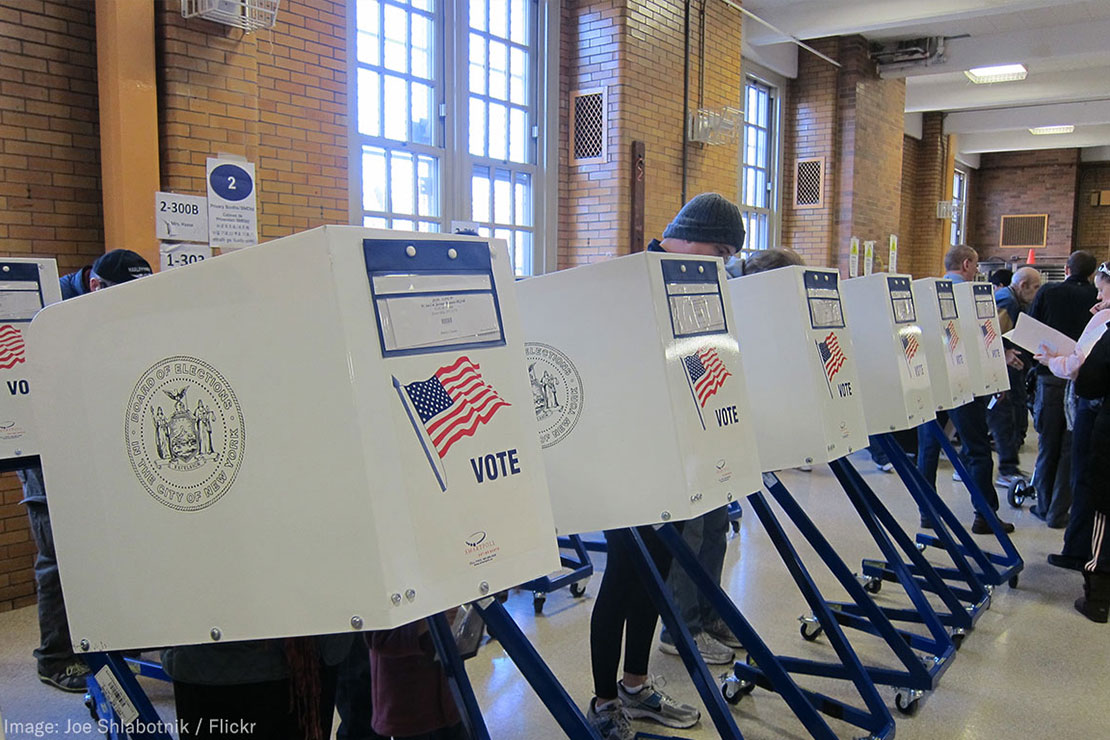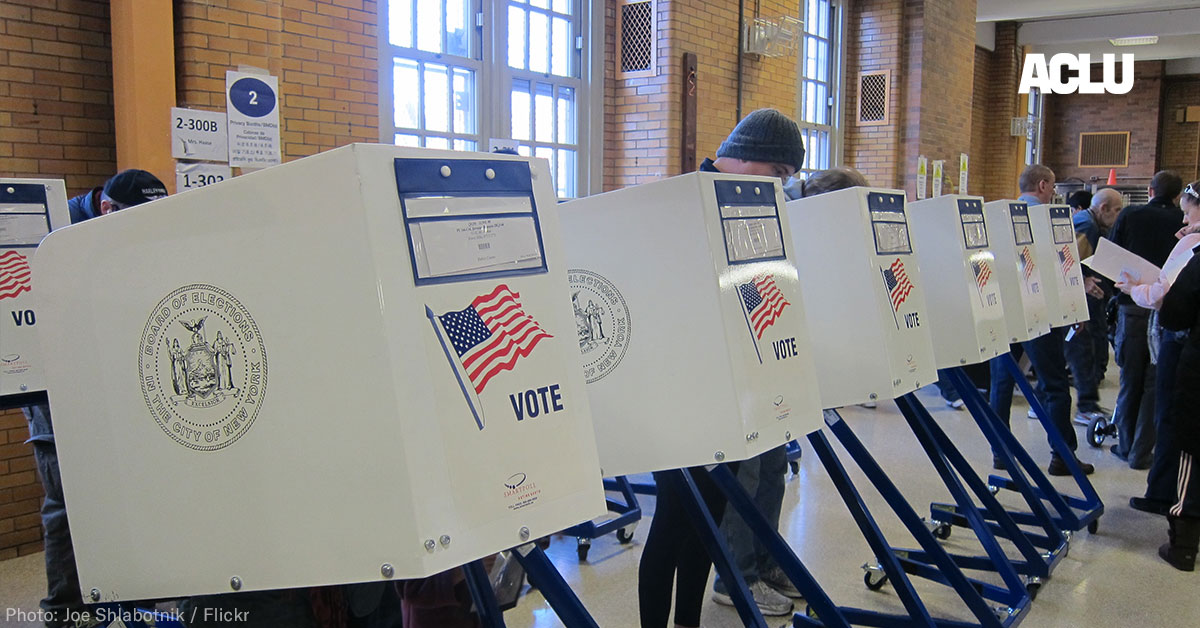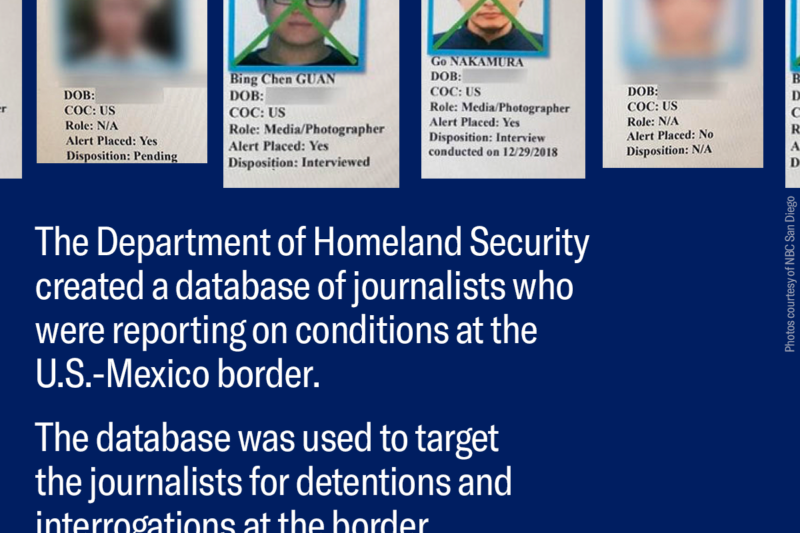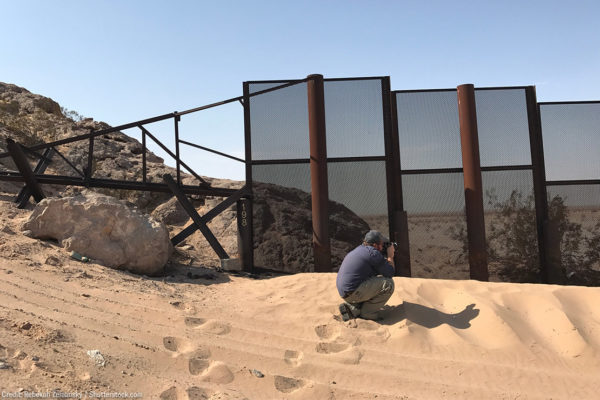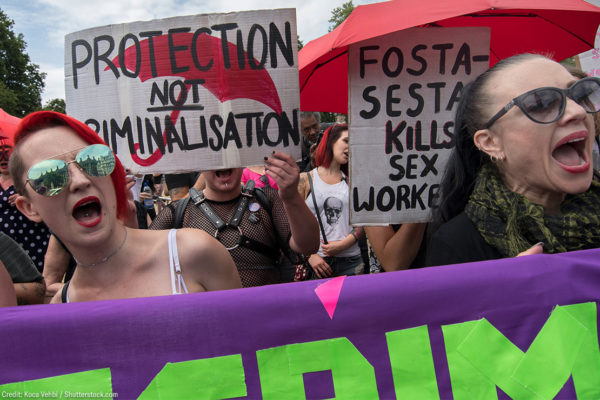This week, the House is expected to vote on H.R. 4, the Voting Rights Advancement Act of 2019. The bill would help ensure racial barriers to voting are removed from elections across the country. Passing the VRAA will advance needed protections for people whose right to vote is under attack based on the color of their skin.
This will be the first time Congress votes on a bill to restore and update the protections of the Voting Rights Act since the Supreme Court crippled the law in the 2013 decision of Shelby County v. Holder. In delivering the 5-4 majority opinion, Chief Justice John Roberts expressly invited Congress to update the Act’s protections based on current conditions of discrimination. Congress must follow through on that invitation because we currently lack the tools to enforce everyone’s voting rights under the Constitution and federal law.
Congress enacted the Voting Rights Act in 1965 after trying and failing for almost a century to remedy the affliction of racial discrimination in the voting process. The most powerful enforcement tool in the Voting Rights Act was the federal preclearance process, established by Section 5. It required locations with the worst records of voting discrimination to federally “preclear” — or get federal approval for — voting changes by demonstrating to either the Justice Department or the D.C. federal court that the voting change would not have a discriminatory purpose or effect. What preclearance meant in practice was that certain states and jurisdictions with documented histories of voting discrimination could not enforce photo ID laws, for example, without showing that the ID requirement did not discriminate on the basis of race.
The Act also established a “coverage formula” to identify which locations suffered from the worst records of racial discrimination and would be subject to preclearance. Since its enactment in 1965, Section 5 has had a massive impact in dismantling voting discrimination — the biggest of any congressional action — successfully blocking more than 1,000 instances of discriminatory election rules advanced by state and local officials. Because of its effectiveness, Congress reauthorized Section 5 four times, most recently in 2006. At the time, Congress concluded that although the country had made significant progress in reducing barriers to voting, the evidence of enduring racial voting discrimination in the covered jurisdictions justified Section 5’s continued protection.
When the Supreme Court effectively nullified preclearance in 2013, the Court released the worst offenders from federal oversight of their voting changes. The decision, which came amid a surge of minority political participation following the 2008 election and 2012 re-election of our nation’s first African American president, catalyzed a renewed race to stop voters of color from exercising the franchise. These changes have purposefully targeted minority voters to counteract their increased political power. States that used to be covered by preclearance, and even those with less deplorable records, took the Shelby decision as a signal to enact voting restrictions with impunity, and the flood gates were opened to voting discrimination unlike anything the country had seen in a generation. A squall of voting restrictions was advanced on a national scale, including: photo ID laws, restraints on voter registration, voter purges, cuts to early voting, restrictions on the casting and counting of absentee and provisional ballots, documentary proof of citizenship requirements, polling place closures and consolidations, and criminalization of acts associated with registration or voting.
This rash of discriminatory voting laws has, in turn, resulted in an explosion of litigation to protect voters from state and local officials’ violations of federal law. Since Shelby County, the ACLU has opened more than 60 new voting rights cases and investigations and we currently have more than 30 active matters. Between the 2012 and 2016 presidential elections alone, the ACLU and its affiliates won 15 voting rights victories, protecting more than 5.6 million voters in 12 states that collectively are home to 161 members of the House of Representatives and wield 185 votes in the Electoral College.
The ACLU’s recent litigation experience reveals two things: our record of success in blocking discriminatory voting changes — with an overall success rate in Voting Rights Act litigation of more than 80 percent — reveals that state and local officials are continuing to engage in a widespread pattern of racial discrimination and are committing pervasive violations of federal law. It also shows that we lack the tools needed to stop discriminatory changes to voting laws before they taint an election. That’s because the discriminatory laws that the ACLU has ultimately succeeded in blocking have remained in place for months or even years while litigation proceeded — crucial time in which elections have been held and hundreds of government officials have been elected under unfair conditions.
The key to Section 5’s strength is its prophylactic response: it temporarily suspends potentially discriminatory changes before, instead of after, they can impact elections. In adopting and reauthorizing the Voting Rights Act four times, Congress repeatedly emphasized the importance of creating an enforcement tool with the ability to block changes before they take root and impact voters.
The House voting on the Voting Rights Advancement Act soon builds on its predecessor’s successful prophylactic approach in four distinct ways. First, it enacts a new preclearance coverage formula based on current conditions, ensuring that places with the worst records of discrimination or greatest risk of discrimination will have to preclear voting changes. Second, it institutes a new preliminary injunction standard so that potentially discriminatory voting changes cannot be enforced until a lawsuit alleging discrimination is fully adjudicated. Third, it establishes robust notice requirements for jurisdictions to provide public information on voting changes before elections, putting the public in a stronger position to weigh in with officials on the wisdom and impact of the proposed changes on minority voting rights. Fourth, the bill gives the Department of Justice increased authority to send federal observers to monitor voting conditions during elections, again permitting greater oversight over potentially discriminatory voting conditions, so they can be addressed before they impact voters.
It is long past due for Congress to renew the protections of the Voting Rights Act. The price of inaction to protect the voting rights of Americans is high, and history offers a myriad of examples demonstrating its cost to the nation. Congress must act now to cement the legacy of the Voting Rights Act and guard the rights of all Americans.
It is long past due for Congress to renew the protections of the Voting Rights Act. The price of inaction is too high for us to wait.
Sonia Gill, Senior Legislative Counsel, ACLU
Date
Tuesday, December 3, 2019 - 4:30pmFeatured image
